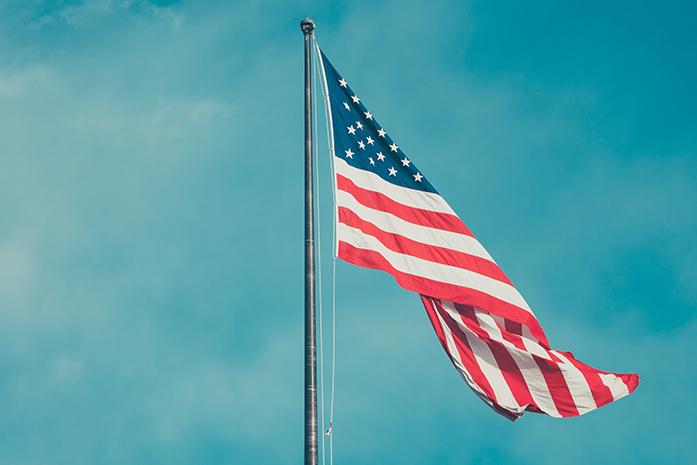Beau Elliot
Colin Kaepernick has destroyed the republic of the United States. Quite a feat for a would-be NFL QB.
Well, destroying the republic is the judgment about the mixed-ethnicity 49s’ quarterback by that well-known unbiased internet crowd. Who, as we well know, only pass judgment when they have all the facts firmly grasped in the two hands of their minds. Or something like that.
His national-security crime: At the beginning of an exhibition NFL game, he remained sitting during a playing of the national anthem instead of standing up.
Yeah, I know. Exhibition NFL games are vital to American security. How else are we supposed to grind through exciting baseball pennant races?
In describing his sit-in, Kaepernick told Steve Wyche of NFL Network (via USA Today): “I am not going to stand up to show pride in a flag for a country that oppresses black people and people of color. To me, it’s bigger than football, and it would be selfish on my part to look the other way. There are bodies in the street, and people getting paid leave and getting away with murder.”
That — and the sitting — infuriated American patriots far, wide, and everywhere else, even places we hadn’t realized existed, and they voiced their umbrage far, wide, and etc. They also employed a great deal of bigoted comments, thus demonstrating, as a number of commentators noted, the exact racism that Kaepernick had protested. Good work, American patriots. Flaunt your racism. That makes the republic safe.
So what is this “The Star-Spangled Banner” that sparks all these passions? Well.
John Stafford Smith, according to many more reports than I can believe I read about the matter, was a young Englishman and award-winning composer who probably wrote the music for the song in the mid-1770s for a gentlemen’s club known as the Anacreontic Society. By “gentlemen,” we mean basically wealthy.
The song was originally known as “The Anacreontic Song” and also as “Song to Anacreon in Heaven.” Anacreon was a Greek poet (570-488 BCE, according to poem hunter.com) who occasionally wrote, um, “bawdy” was the term most used, often funny poems that among other things, celebrated drinking. At least according to several reports.
From “The Anacreontic Song”: “And besides, I’ll instruct you like me, to intwine the Myrtle of Venus with Bacchus’ Vine.” (The “I’ll” refers to Anacreon.)
Well, that sounds like fun, some days, but it’s probably not exactly what American patriots had in mind.
Francis Scott Key in 1814 wrote the “poem” “Defense of Fort McHenry” (sometimes “Defense of Fort M’Henry”) after the Battle of Baltimore during the War of 1812, and the “poem” was set to the music of “The Anacreontic Song” and became “The Star-Spangled Banner.” (I put the quotation marks around “poem” because several sources contend that Key meant the words not to be a poem but song lyrics. In any case, Key was a prominent lawyer who, according to many accounts, was at best an amateur poet. By which we can infer that it was good thing he didn’t quit his day job.)
Congress made the tune the national anthem in 1931, which, you have to admit, is more than 100 years later.
So American “patriots” enjoin us to jackboot into a glorious American future, with an English drinking song being the most important thing to defend the glorious American republic.
Ah, American patriots. What would we do without you? Besides being free.










